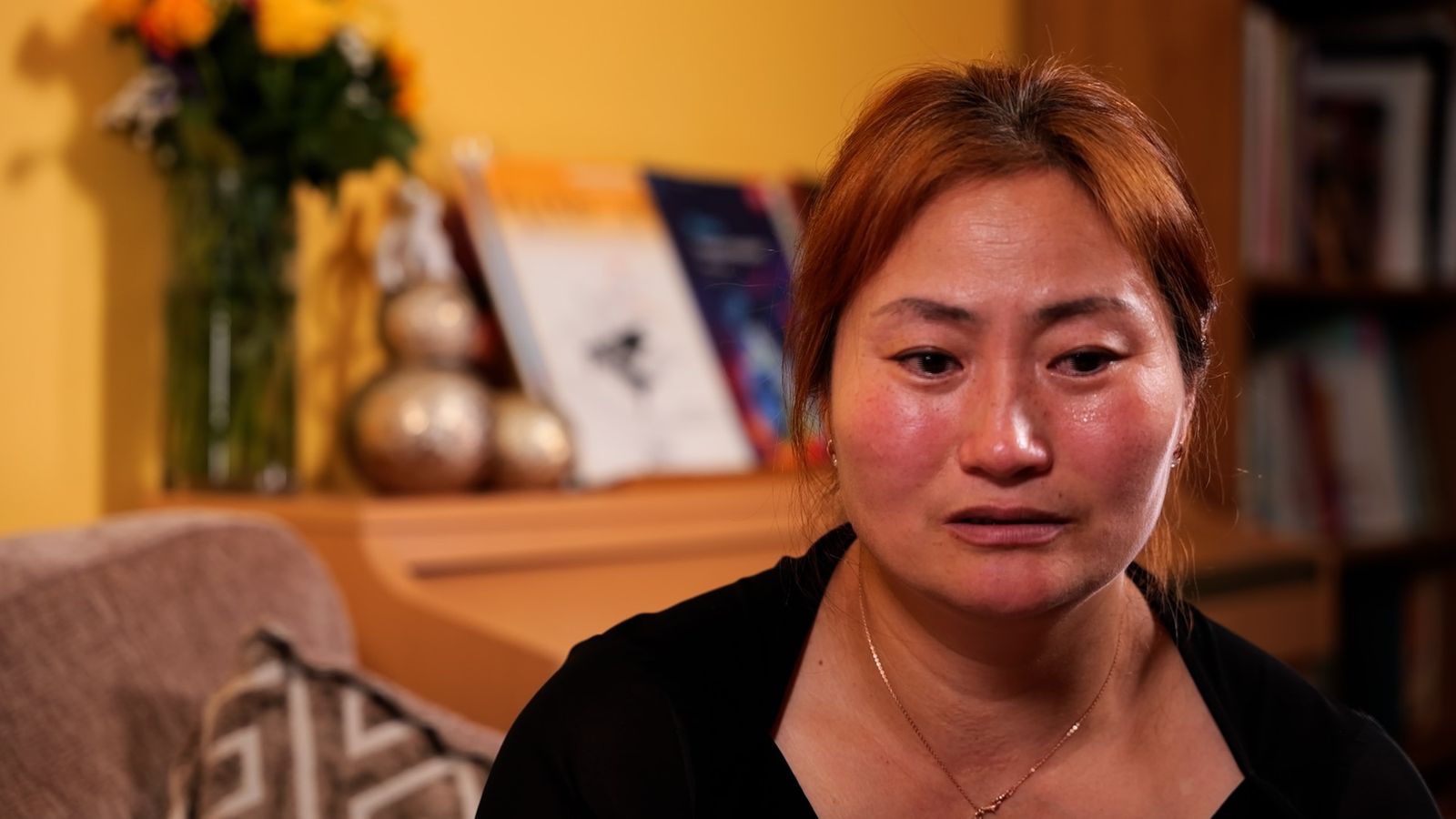The Libre Computer Solitude is a new single-board computer with a decent amount of features and is now available for purchase. As is usual for single-board computers, the model is based on an ARM chip. Specifically, it comes with an Amologic S905D3 processor, which is equipped with four processor cores and two graphics cores. An NPU with a computing capacity of over one TOPs is used, which should be able to massively accelerate AI applications. Up to 4 GB of LPDDR4X RAM can be selected.
As is typical for a single-board computer, a microSD card can be used as storage for the operating system. An eMMC 5.x connector in slim format is also available. The image output takes place via HDMI 2.1, but DSI and CSI connections are possible. These connections are also typical for single-board computers and allow the connection of special cameras and displays.
Four USB type A ports are installed, which support the USB 3.0 standard. An Ethernet port is available and supports WoL (Wake on LAN), and the supply of power via Ethernet should also be possible. A 3.5 millimeter jack socket is included, making it easy to connect speakers. Thanks to the built-in infrared sensor, the Libre Computer Solitude can also be easily controlled using a remote control.
The 40-pin GPIO header is said to be compatible with that of the Raspberry Pi, which means that additional parts for the popular single-board computer can be used on the Libre Computer Solitude. The price is currently listed at $50 directly from the manufacturer, but immediate availability is not to be expected.

I have been active as a journalist for over 10 years, most of it in the field of technology. I worked for Tom’s Hardware and ComputerBase, among others, and have been working for Notebookcheck since 2017. My current focus is particularly on mini PCs and single-board computers such as the Raspberry Pi – so in other words, compact systems with a lot of potential. In addition, I have a soft spot for all kinds of wearables, especially smartwatches. My main profession is as a laboratory engineer, which is why neither scientific contexts nor the interpretation of complex measurements are foreign to me.

Growing up in regional Australia, I first became acquainted with computers in my early teens after a broken leg from a football (soccer) match temporarily condemned me to a predominately indoor lifestyle. Soon afterwards I was building my own systems. Now I live in Germany, having moved here in 2014, where I study philosophy and anthropology. I am particularly fascinated by how computer technology has fundamentally and dramatically reshaped human culture, and how it continues to do so.
#Libre #Computer #Solitude #cheap #alternative #Raspberry #NPU






